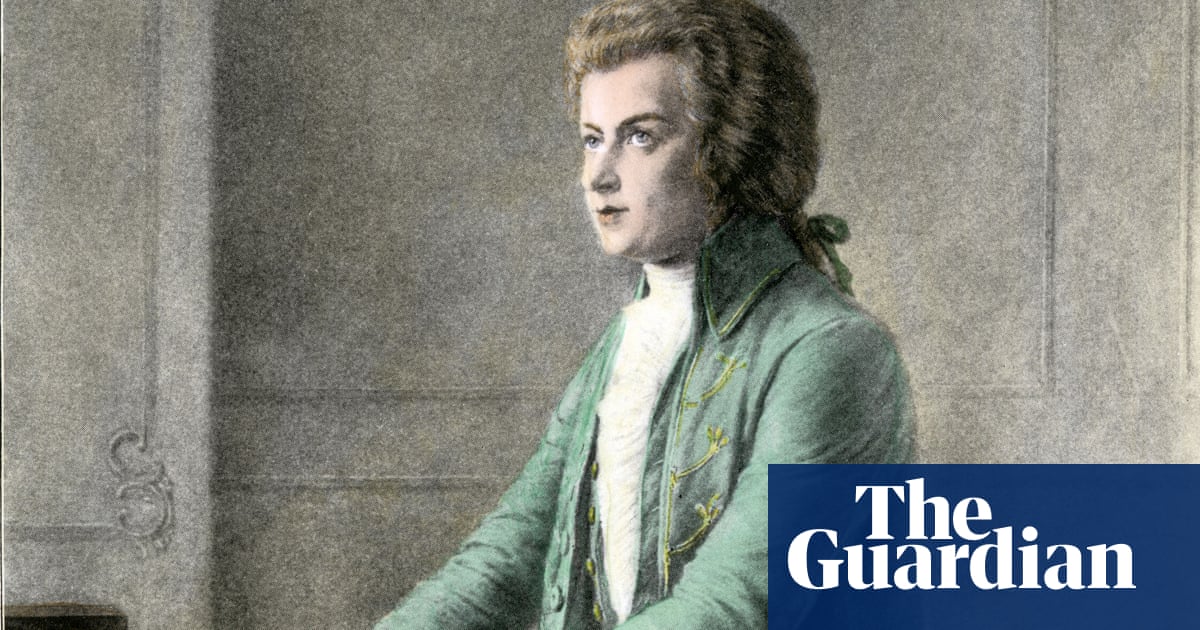Mistake
Member


Previously unknown Mozart music discovered in German library
Piece dating from 1760s, probably composed when Mozart was in his early teens, uncovered by researchers in Leipzig
The piece dates to the mid to late 1760s and consists of seven miniature movements for a string trio lasting about 12 minutes, the Leipzig municipal libraries said in a statement on Thursday
The newly discovered manuscript was not written by Mozart himself but is believed to be a copy made in about 1780, the researchers said.
Pretty big news. I'm surprised I didn't hear about this earlier. It seems a lot of discoveries recently are right under our noses, so I'm sure we'll hear more of this kind of stuff as we digitize more materialThe piece is referred to as Ganz kleine Nachtmusik in the catalogue, according to the Leipzig libraries.


